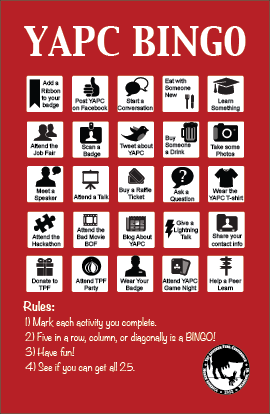I've uploaded to CPAN:
o CGI::Snapp::Dispatch V 1.00.
This distro includes CGI::Snapp::Dispatch::Regexp.
Both modules support usage in a PSGI environment.
This module is a partner for CGI::Snapp, and together they are almost drop-in replacements for CGI::Application, CGI::Application::Dispatch, CGI::Application::Dispatch::Regexp and CGI::Application::Dispatch::PSGI.
The default for logging is to not create a logger, as per CGI::Snapp V 1.01 below.
There are 63 tests.
PSGI is supported without needing a module called CGI::Snapp::Dispatch::PSGI.
o CGI::Snapp V 1.01.
This has a new mutator _psgi() for use by CGI::Snapp::Dispatch.
Also, the default for logging is now to not create a logger.
PSGI is supported without needing a module called CGI::Snapp::PSGI.
o CGI::Snapp::Plugin::Forward V 1.01.
The tests explicitly create a logger since CGI::Snapp V 1.01 now does not.
o CGI::Snapp::Plugin::Redirect V 1.01.
The tests explicitly create a logger since CGI::Snapp V 1.01 now does not.
